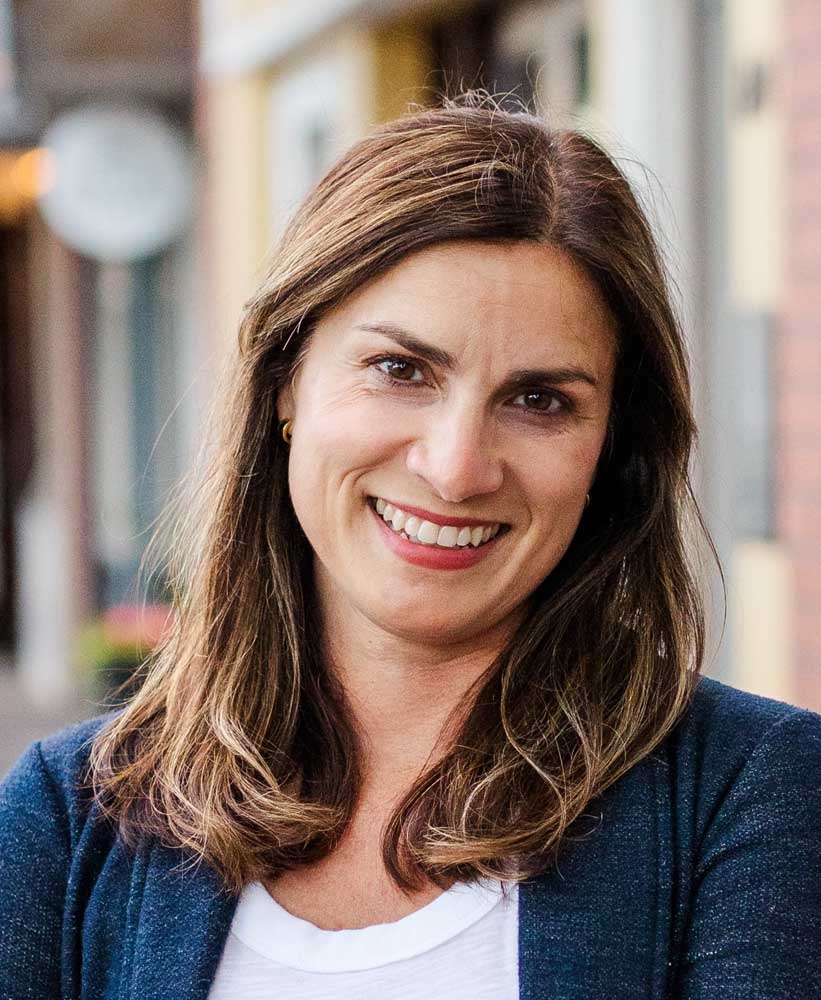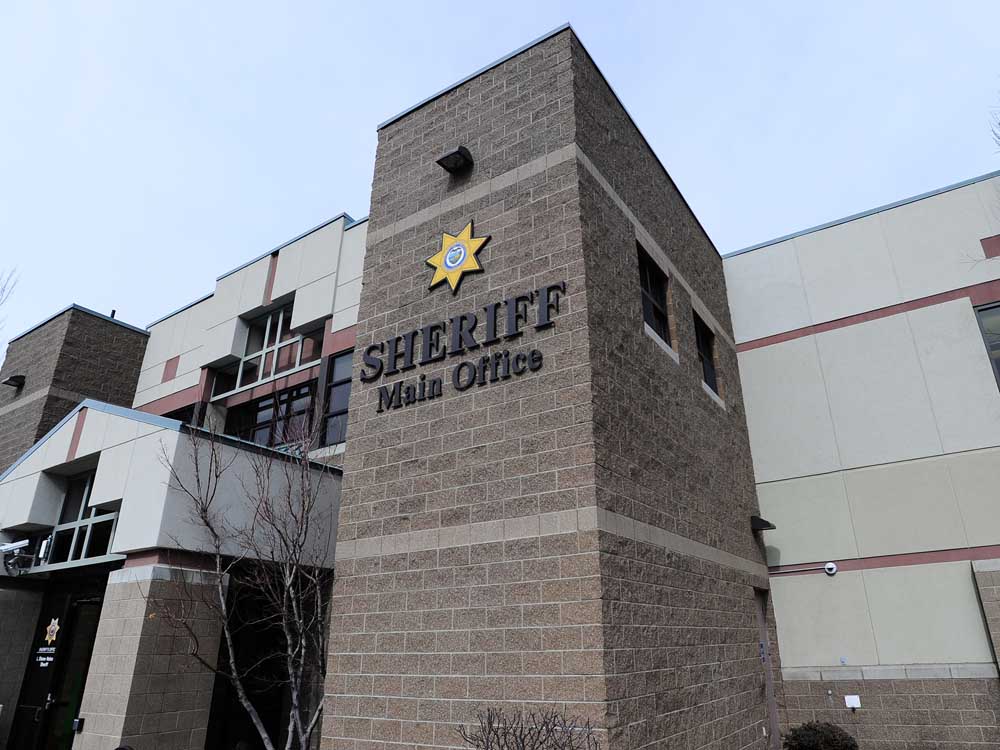dummyDemocratic Party-backed candidates sweep Bend City Council
Published 12:31 pm Wednesday, November 6, 2024

- Megan Norris
A slate of candidates backed by the Deschutes Democrat Party were overwhelmingly successful in Tuesday’s Bend City Council election, with voters showing support for the status quo after city politics have shifted firmly to the left in recent years.
Newcomer Steve Platt unseated longtime councilor Barb Campbell, incumbents Megan Perkins and Megan Norris defended their seats and Gina Franzosa claimed an uncontested seat — all candidates who had support of the Deschutes Democrats, the mayor and the rest of the council.
Trending
“I think that the city of Bend resoundingly said that they are supportive of all that we are doing,” Norris said after early results were released Tuesday evening.
Bend City Council candidates talk housing solutions
Winners aligned
Winning candidates promised in campaigns to continue city policies to reduce housing costs, address homelessness and fund bicycle and pedestrian construction projects. Candidates who offered differing views to the council — Jonathan Curtis, Nick Cerveny and Chet Wamboldt — struggled to gain votes.
Trending
Norris defeated Curtis 73% to 26.4%. Perkins defeated challenger Nick Cerveny 63.4% to 36.2%. In the only three-way race for council, Platt gained more votes than both of his challengers combined, defeating Wamboldt and Campbell 58.3% to 26.8% to 14.5%.
Campbell will exit the dais after 10 years on city council.
“I have loved being on city council,” Campbell said Tuesday evening.
Campbell ran her campaign without the endorsement of the Deschutes Democrats or any other city politician, despite getting the party endorsement two years ago. Her candidate statement was not included in the Deschutes County voter’s pamphlet.
“It looks like the city is going to have a perfect matched set of councilors all endorsed by the mayor and each other,” Campbell said Tuesday evening.
Platt, a high school science teacher and Air Force veteran, will be the only union member, teacher and veteran on the council, traits he said will add to the diversity of the council.
Platt, who has praised work of the current council, said fine tuning the budget, housing and homelessness are his top priorities for his upcoming term. Platt joined the city’s budget committee last year.
“As somebody who is brand new to politics, I feel like I’ve had a lot of people extend credit to me,” he said Tuesday. ”I just want to dig in.”
Though the presence of two left-leaning candidates split the progressive vote, Wamboldt, a Republican who promised to “bring back balance” by questioning spending and other city policies, couldn’t capitalize with voters.
He said he filed for Campbell’s seat before Platt entered the race, hoping voters would be seeking a change from the council’s longest-serving member.
Wamboldt said he knocked on thousands of doors and spent weeks of lunch breaks in front of the library downtown talking with people.
“I don’t think I found one person who was happy with the current city council. Almost everybody had some kind of complaint about a choice they made. I figured the status quo was kind of going out the window.”
“I guess I was wrong,” he added.
Party politics
Wamboldt was endorsed by Phil Henderson, a former Deschutes County Commissioner and Republican party leader. He attributed the defeat to demographic changes in the city and strong organization of the Deschutes Democrats. The party’s candidates largely outspent opponents, he said.
“City and county government really is nonpartisan in the results,” he said. “It shouldn’t be so ideologically driven, but it’s gotten more and more that way.”
Deschutes Democrats chair Jason Burge said he’s never been a believer that city council races are truly nonpartisan. He attributed Democratic Party success to hard campaigning and the support both of the party and between candidates themselves. Incumbents were able to communicate their vision for Bend, he said.
“If you do that good work, people will have trust in you,” Burges said. “As we had more Democrats representing the community, and the results the community was seeing, you became a trusted ally.”
More than 29,000 voters in Bend are registered Democrats, a little less than 16,000 are registered Republicans and 27,000 are unaffiliated.
Jeff Eager is a Republican and former Bend mayor who was elected to the council in 2008, which he said was the first year Democrats outnumbered Republicans in Bend.
“Bend had been a Republican town for a long time before then,” Eager said. “The registration advantage for Democrats has continued to skyrocket in Bend ever since.”
Now firmly in blue territory, Bend’s political pendulum has swung back and forth in previous decades, said Judy Stiegler, a former Democratic state representative and political science instructor at Oregon State University-Cascades who moved to Bend in 1978.
Population growth is a big reason for shifting political trends in the last 10-15 years, she said. But that trend is anything but guaranteed to continue as the city keeps growing, issues change and the political base becomes more complex.
“I would caution folks into thinking the city has gone one way or another,” she said. “I don’t think that this is going to be solidly a blue city. I think there’s still aspects of a purplish tinge to it.”








